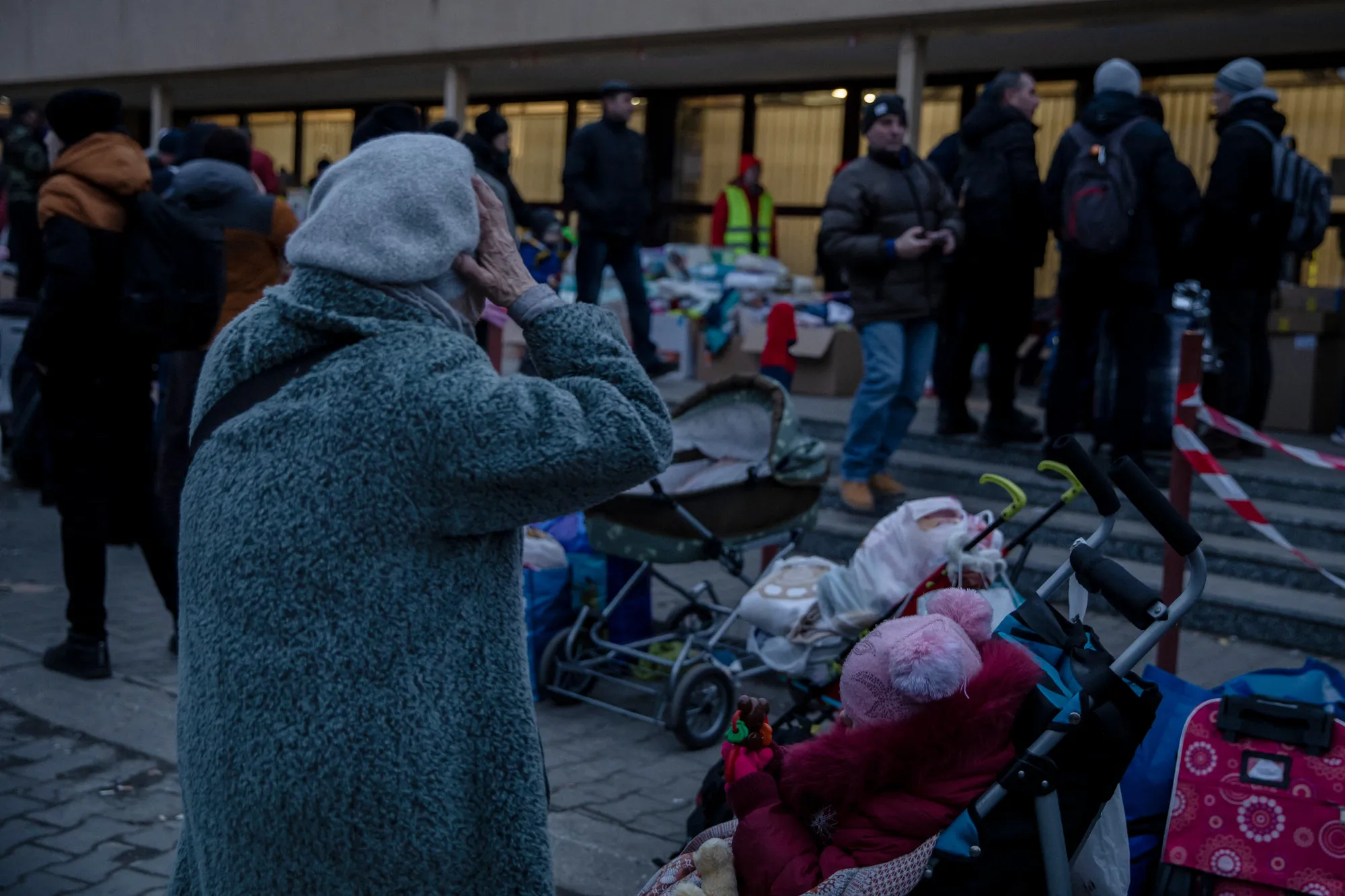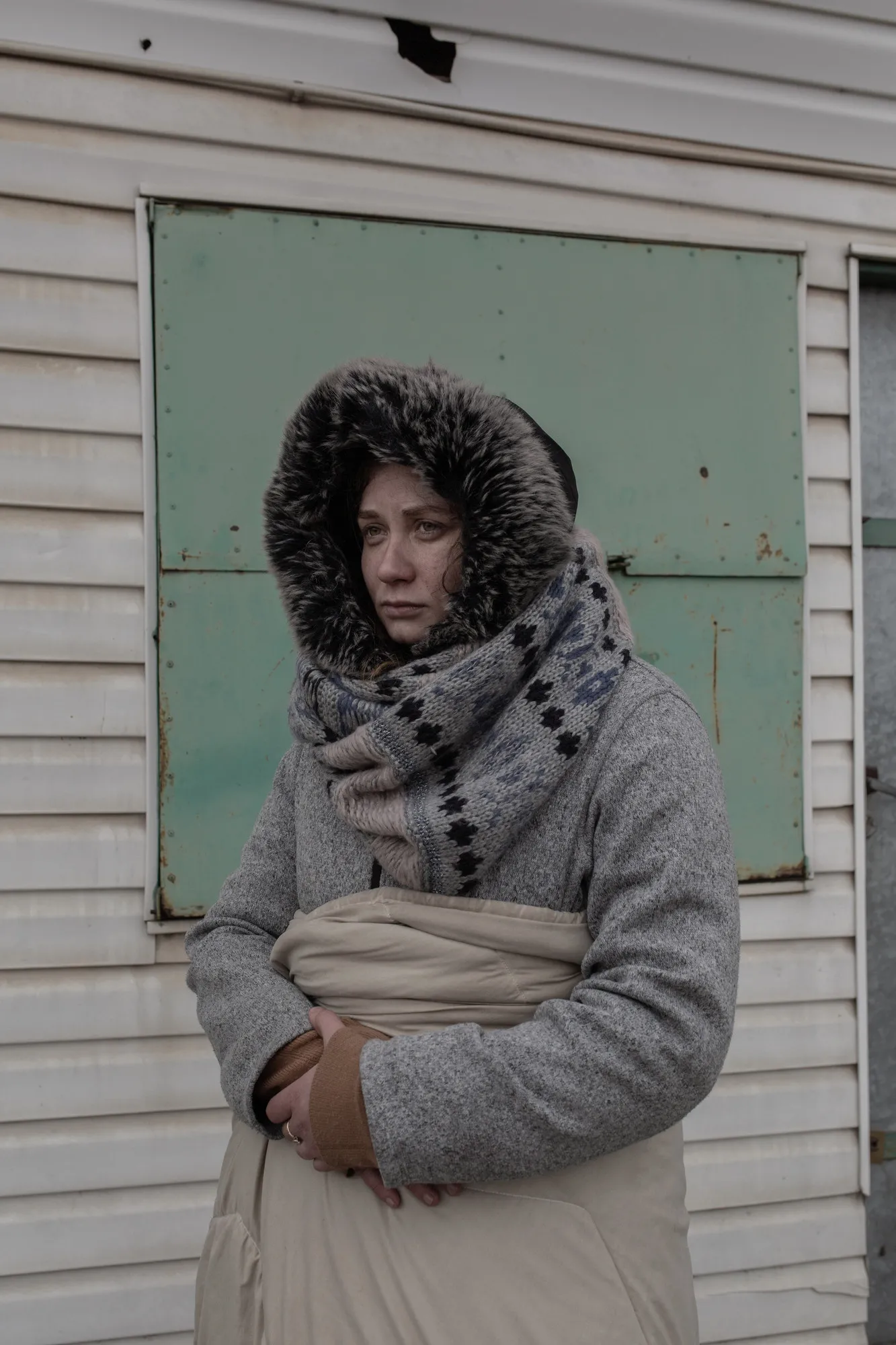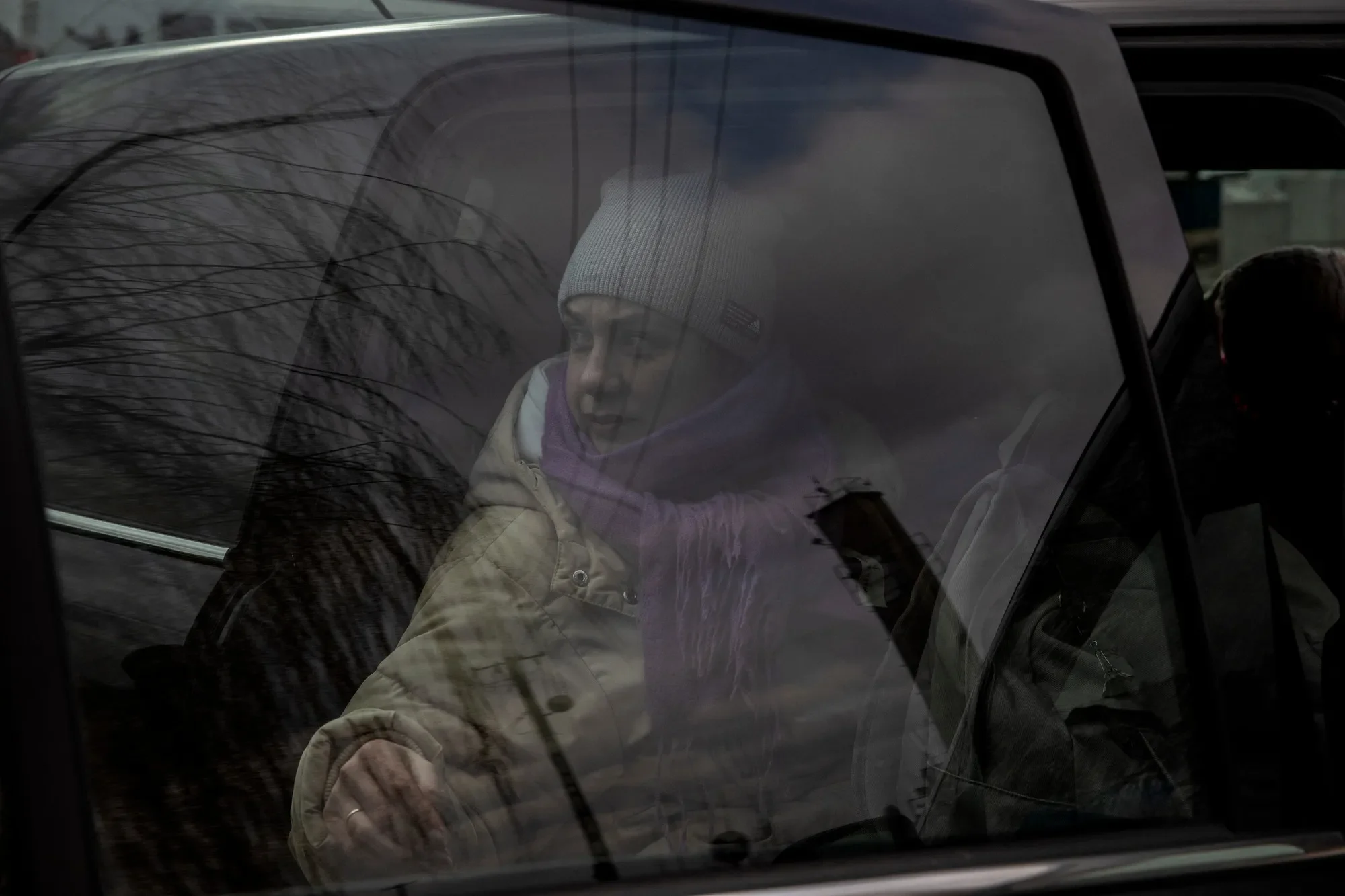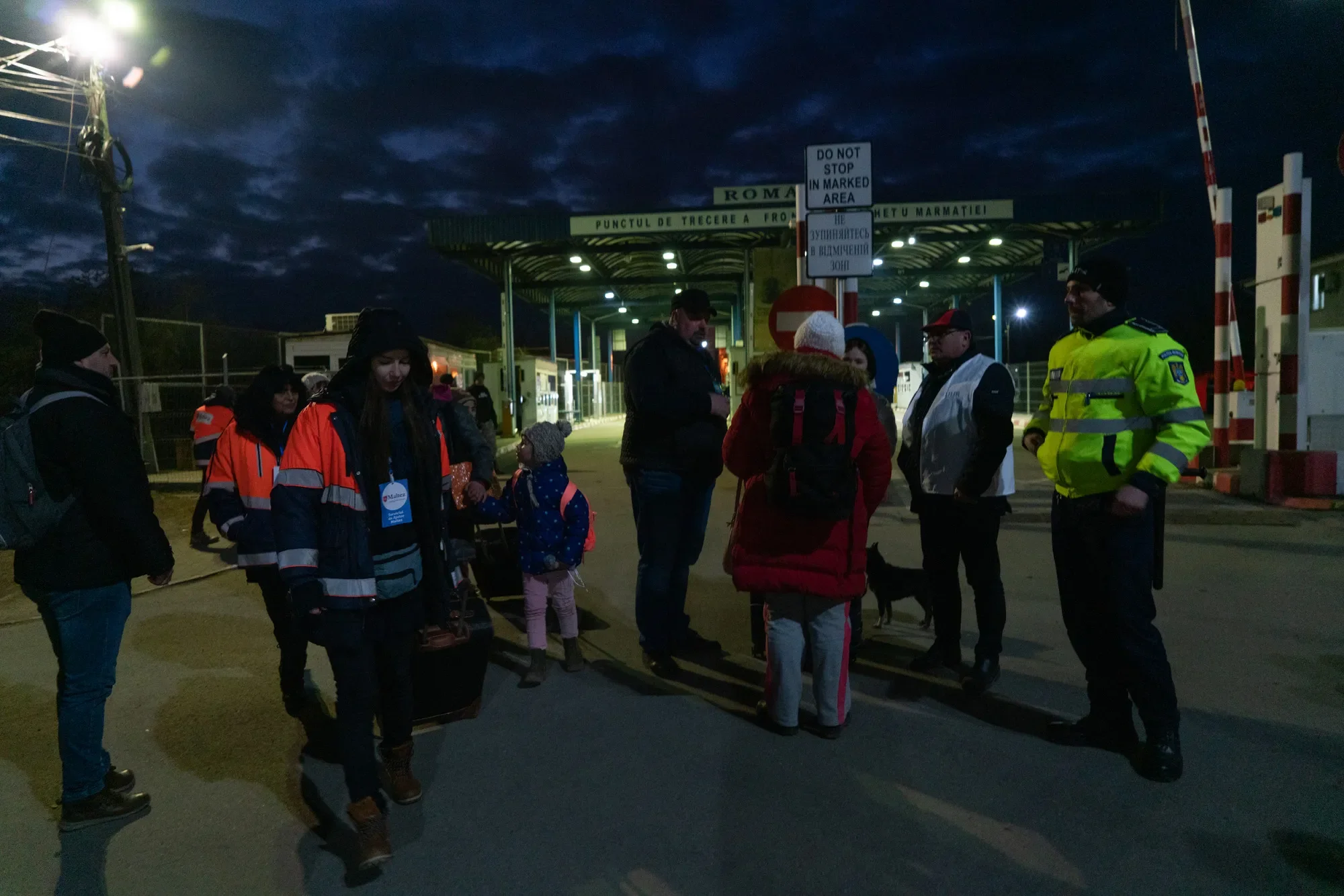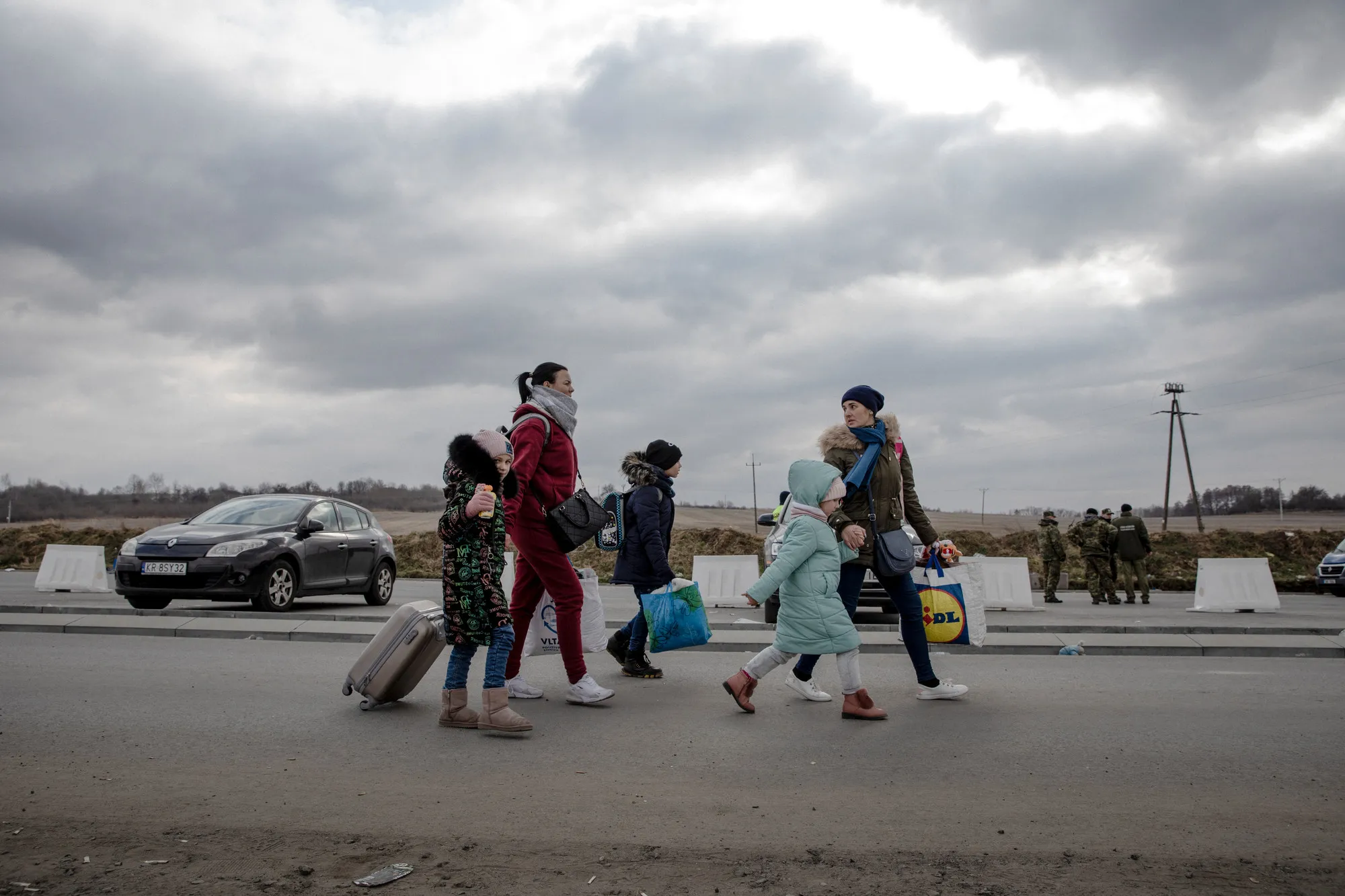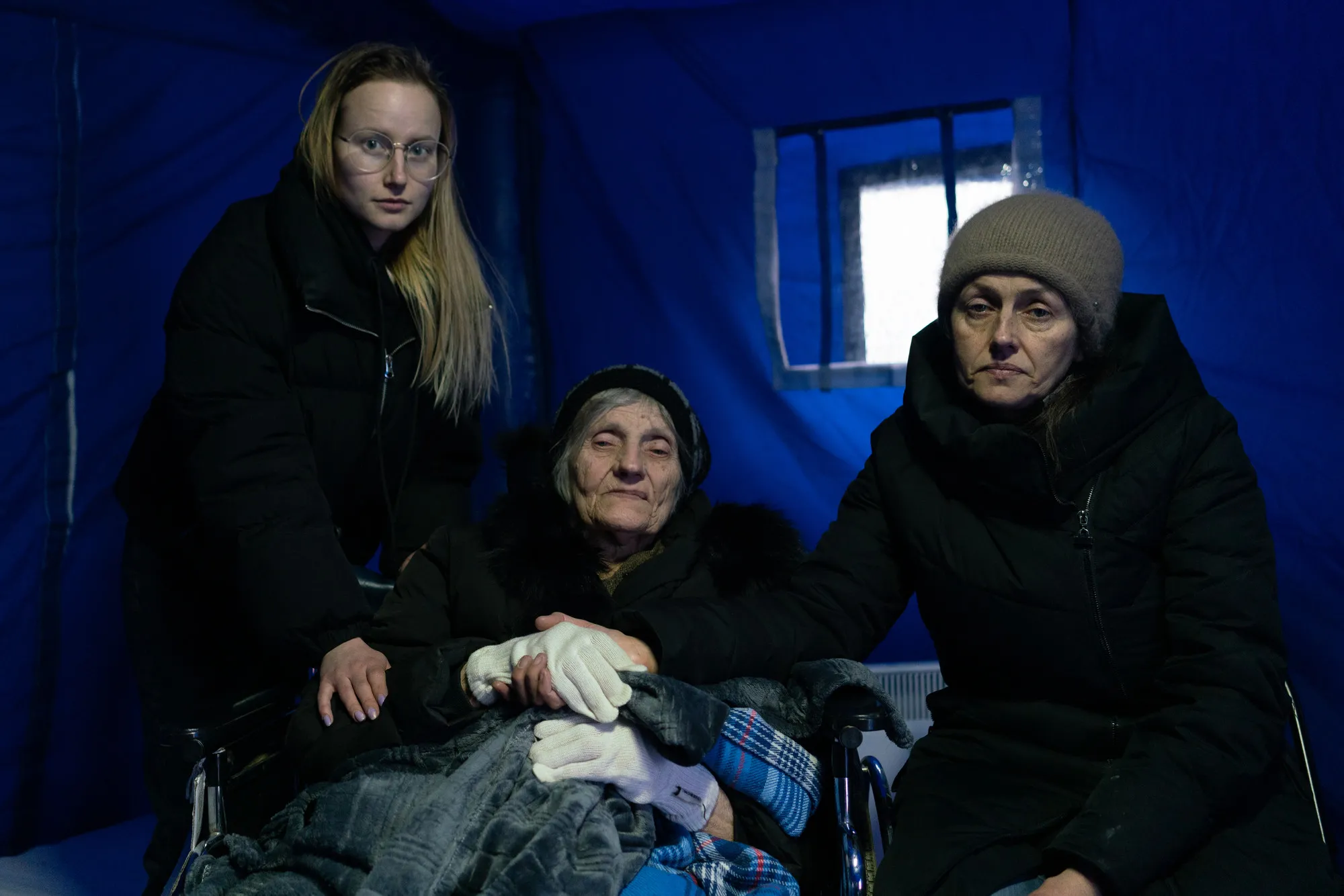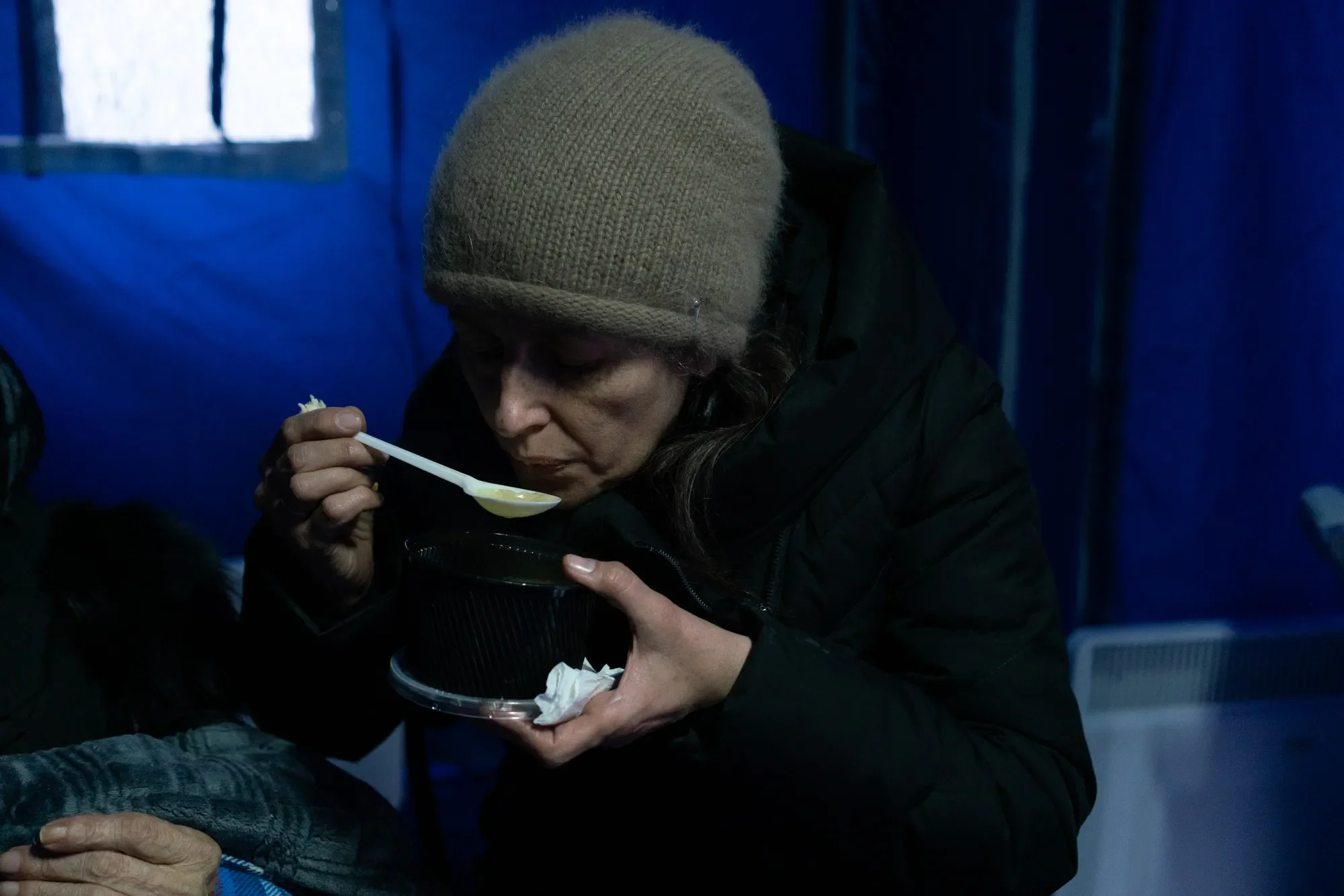Romania
Nadya, 15
“But I wonder when the war will end and I can return to see my friends.”
Nadya sits in a crowded Bucharest shelter considering her future, after escaping Odessa with her mother, Nga, her aunt Hanh, cousin Katya, and her mother’s friend, Dung. Like most 15-year-olds Nadya is already missing her friends and her computer, which was too heavy to bring.
“People here [at the shelter] are so friendly and kind, I feel safe here, but I also get bored as there is not much to do, and I miss my friends and school. I want to say thank you to all the people who have helped us since we got here. In Odessa it was very dangerous; we heard bombs near the house and would have to run and hide, sometimes when we did this people would come to the house and try and rob it as well, so my mom decided to leave.”
Ukraine is home for Nadya, who left Vietnam with her family when she was three. She treasures a handmade keepsake a friend made to help her remember her Ukrainian life. “My best friend Diana made me a special present – a small book with all our memories, drawings and conversations, which… is my most important possession here.”
“But I wonder when the war will end, and I can return to see my friends. For now we will temporarily go to Vietnam (to Viet Tri) as my mom is too worried about the war to return, but I want to go back to Ukraine as soon as possible. It is my home. For now we are just waiting for the embassy to arrange to flights back,” she said.
The 150-capacity shelter is a converted gym. The capacity can be stretched to 175 by adding up to 25 mattresses on the floor. Most people do not stay long; a few hours to a couple of days. There is high turnover with many people arriving at night or in the early-morning hours. The center relies on supplies from their own reserves as well as donations from local businesses and communities and NGOs. CARE’s partner SERA is donating clothes and other basic items to support the center.
Many of the shelter residents are third-country nationals like Nadya and her family, who sometimes stay longer, while navigating the complicated legal requirements of getting back to their country of origin through their respective embassies. The center currently hosts a mix of Vietnamese, Azerbaijani, Armenian, and Turkmens, as well as Ukrainians.

